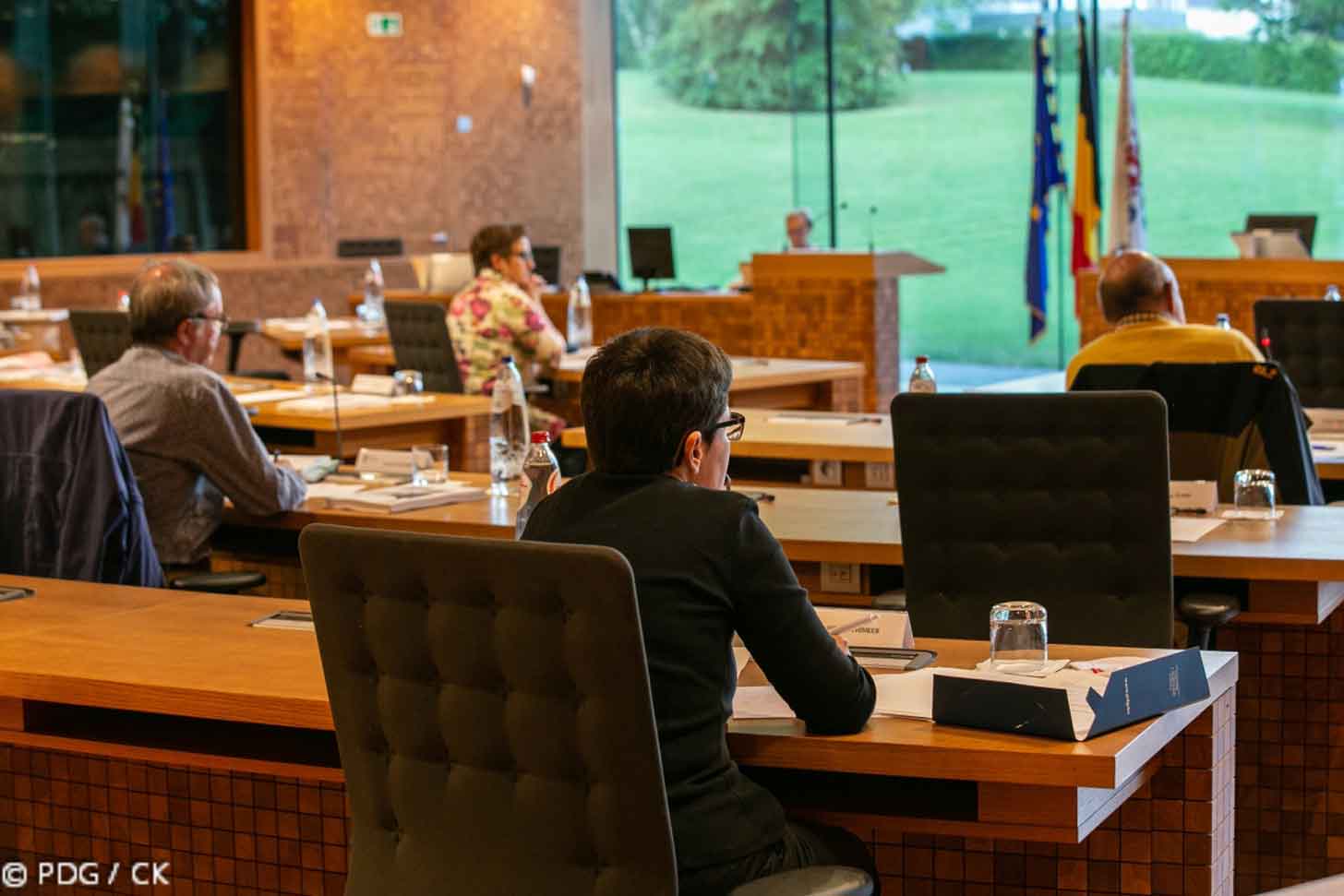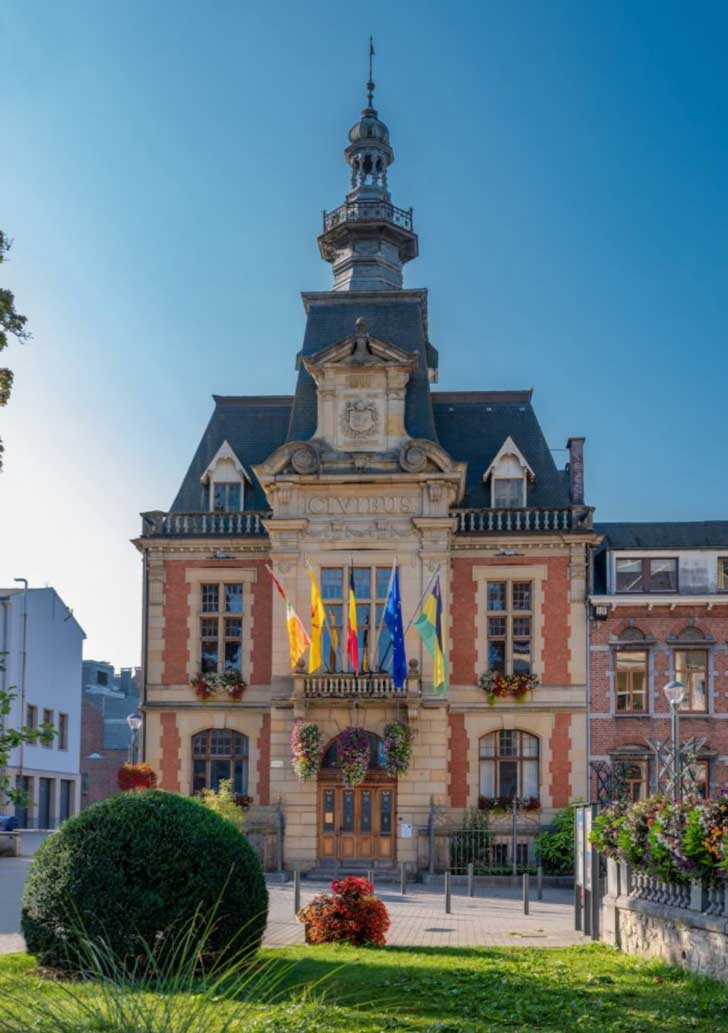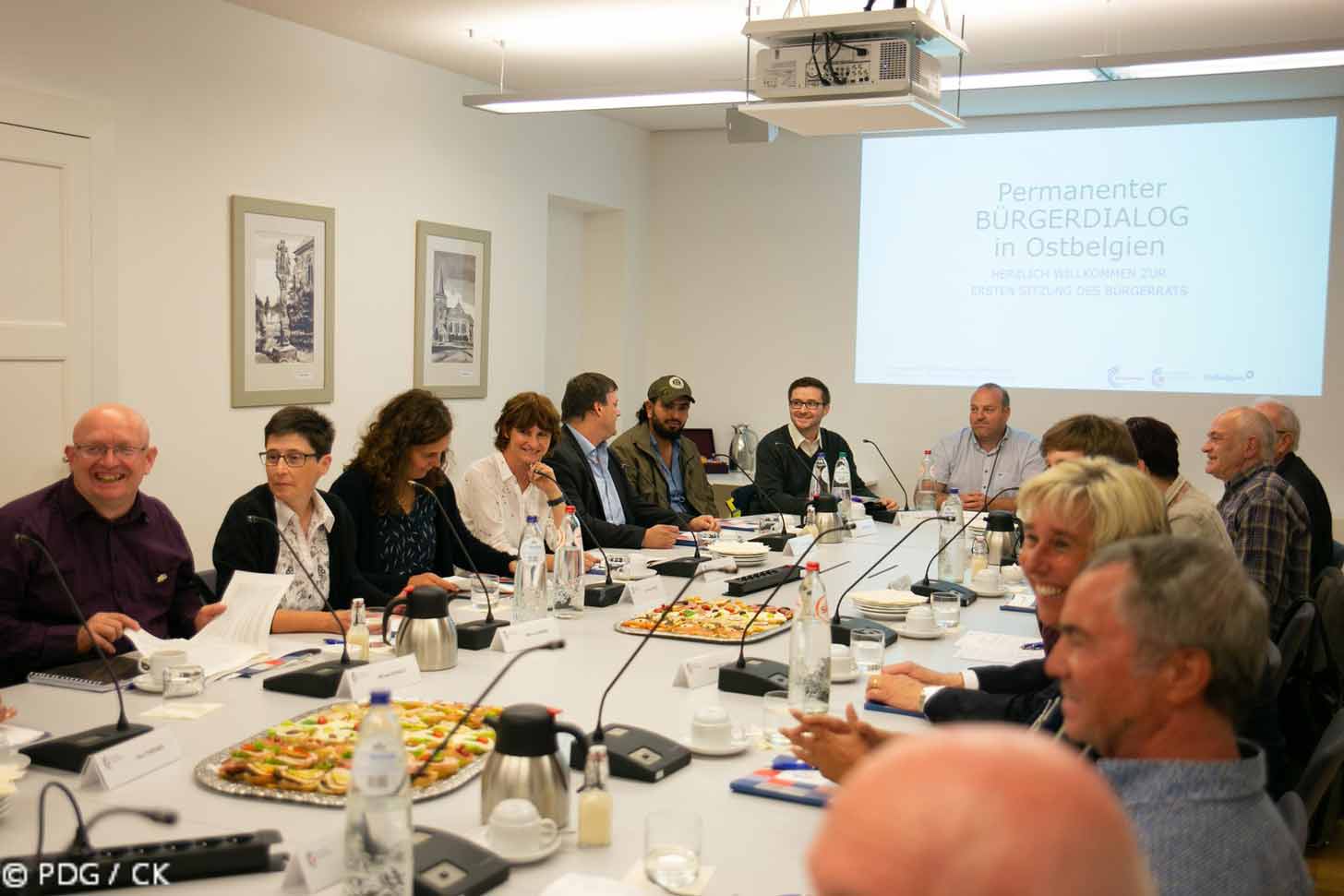In 2019, Ostbelgien, a town in Belgium with about 80,000 residents, took a gamble on a new approach to governing: The city’s parliament voted to establish a permanent Citizens’ Council and Assembly, giving randomly-selected citizens the power to make decisions.
They called it, aptly, the Ostbelgien Model.
“Its main objectives are providing citizens not only a permanent voice in the process of decision making but also a systematic monitoring system to ensure they are heard,” the International Observatory on Participatory Democracy writes.
“Ultimately, the project seeks to increase accountability and reinvigorate the agenda-setting power of common citizens.”

Now, about six years into the experiment, which was created with the express purpose of increasing trust in government, participants say it’s working.
Once a year, about 1,500 letters are sent to randomly chosen residents in Ostbelgien. Recipients indicate their interest or deny the opportunity. Of those who express interest, about 30 are chosen to become members of the citizens’ assembly.
From there, the newly formed assembly meets once a week for about two months, with each participant receiving a stipend of 155 euros (or $133) per day. They are assigned a topic of concern and have in-depth discussions about how the government should proceed, with an appointed moderator present to help move things along.
Their recommendations to the parliament are not binding, but lawmakers are required to consider them.
“If we want citizens to have more confidence in politicians, we, as politicians, have to give more confidence to the citizens,” Oliver Paasch, the minister-president of Ostbelgien, told The New York Times.
Many of the recommendations presented by the assembly have been more than just considered.

Over the years, the assembly has helped ease eligibility requirements for low-income housing, introduced funding to encourage young people to pursue jobs in nursing to combat shortages in the field, and enacted a ban on cell phones in middle and high schools.
While the power of the citizens’ assembly is limited to areas like education, housing, and social services (divisive topics like immigration remain confined to the federal government in Brussels), it puts power back in the hands of citizens — a core function of a working democracy.
Ostbelgien is small, likely the smallest region in the European Union with its own legislative powers, meaning this model could be harder to replicate on a larger scale.
But it has inspired further participatory democracy measures in other countries.
Paris is now home to a citizens’ assembly inspired by the Ostbelgien Model. Including 100 Parisians, the assembly was institutionalized in 2021, allowing members to weigh in on the city’s annual budget, deciding what issues should be addressed by a citizens’ jury, and evaluating existing policy in the city.
The first cohort introduced a citizen bill on homelessness, which expands emergency housing, extends social services to people under the age of 25, and provides further recommendations for policy to help combat housing insecurity.
“The politicians were very impressed by the capacity of the citizens,” Elian Belon, the General Secretary of the Paris Citizens’ Assembly, told DemocracyNext.
“It’s important for the administration to be able to observe from the corner of their eyes the work being done by citizens, because they question, ‘Can citizens really do better than them on a subject that they have worked on for many years?’”

Groups organizing around participatory democracy aim to close growing divides, restore trust in government as a whole, and actually get stuff done.
Ostbelgien — and even a city as large as Paris — is proof it can work.
“As trust between citizens and government is faltering, these new institutions embody the potential of democratic renewal,” Claudia Chwalisz, one of the architects of the Ostbelgien Model, writes.
“We need more citizens to demand this change as well, to imagine and fight for another kind of democratic future. If they do, another democratic system is possible.”
You may also like: This study put 200 voters together for days on end. They changed each other's minds
Header image courtesy of Burgerdialog in Ostbelgien



